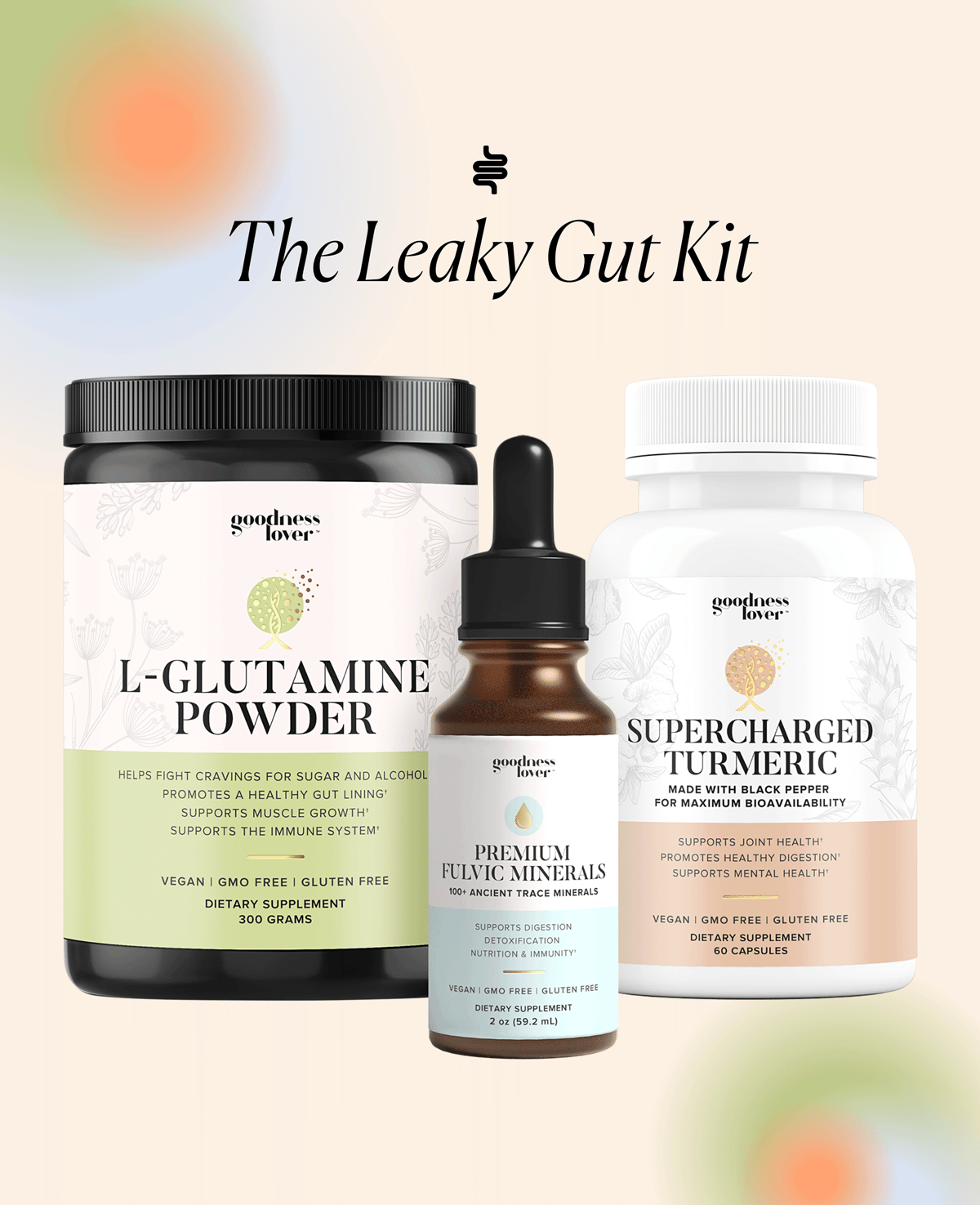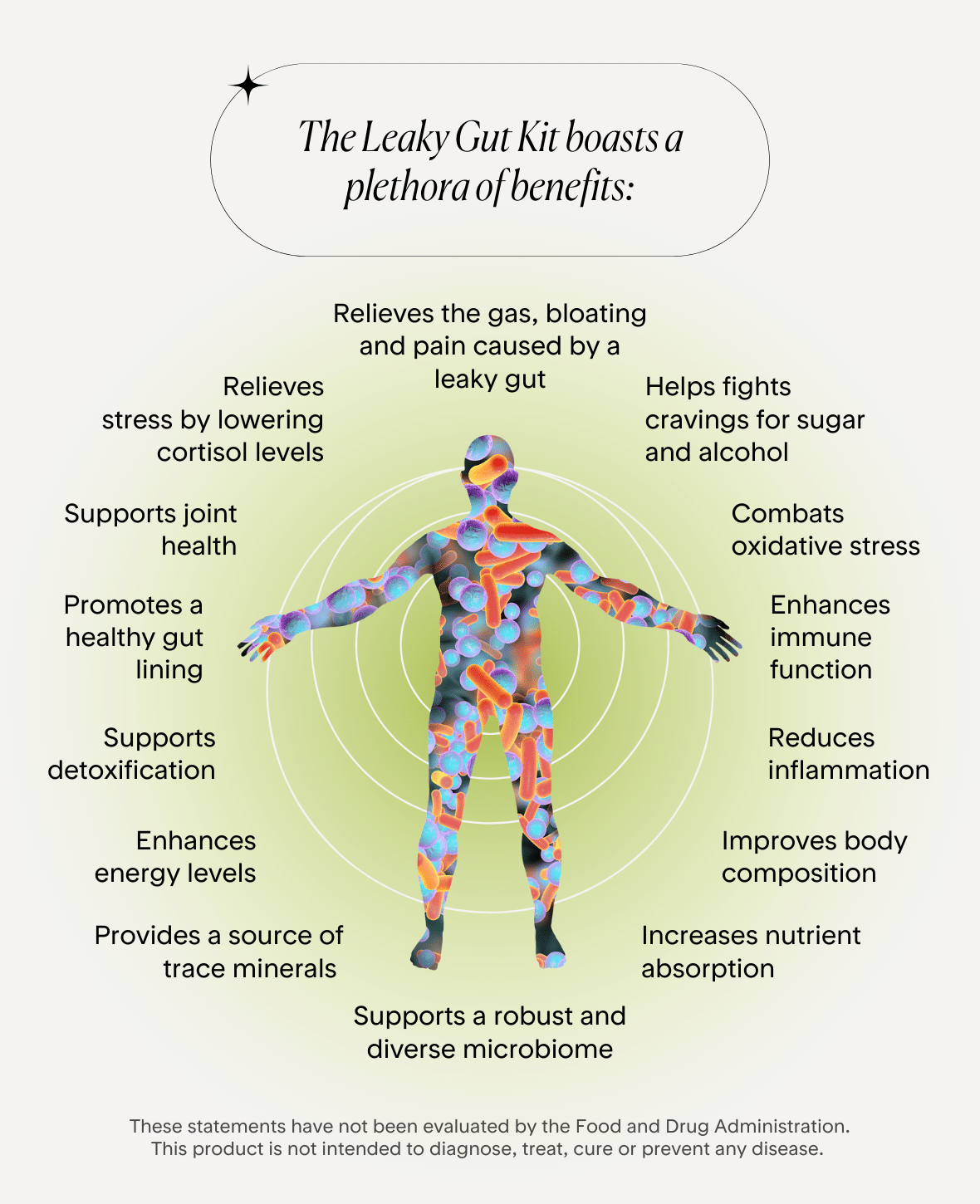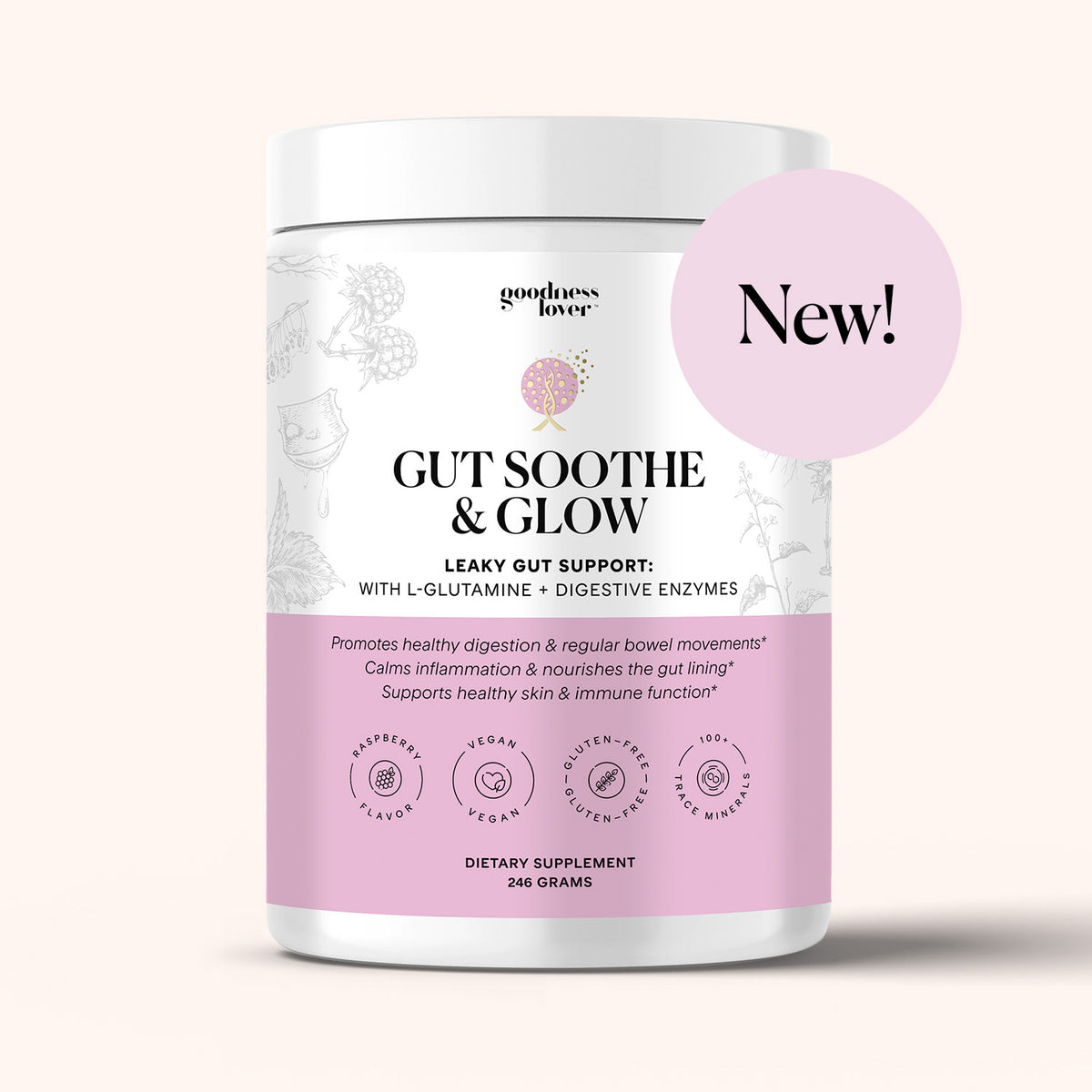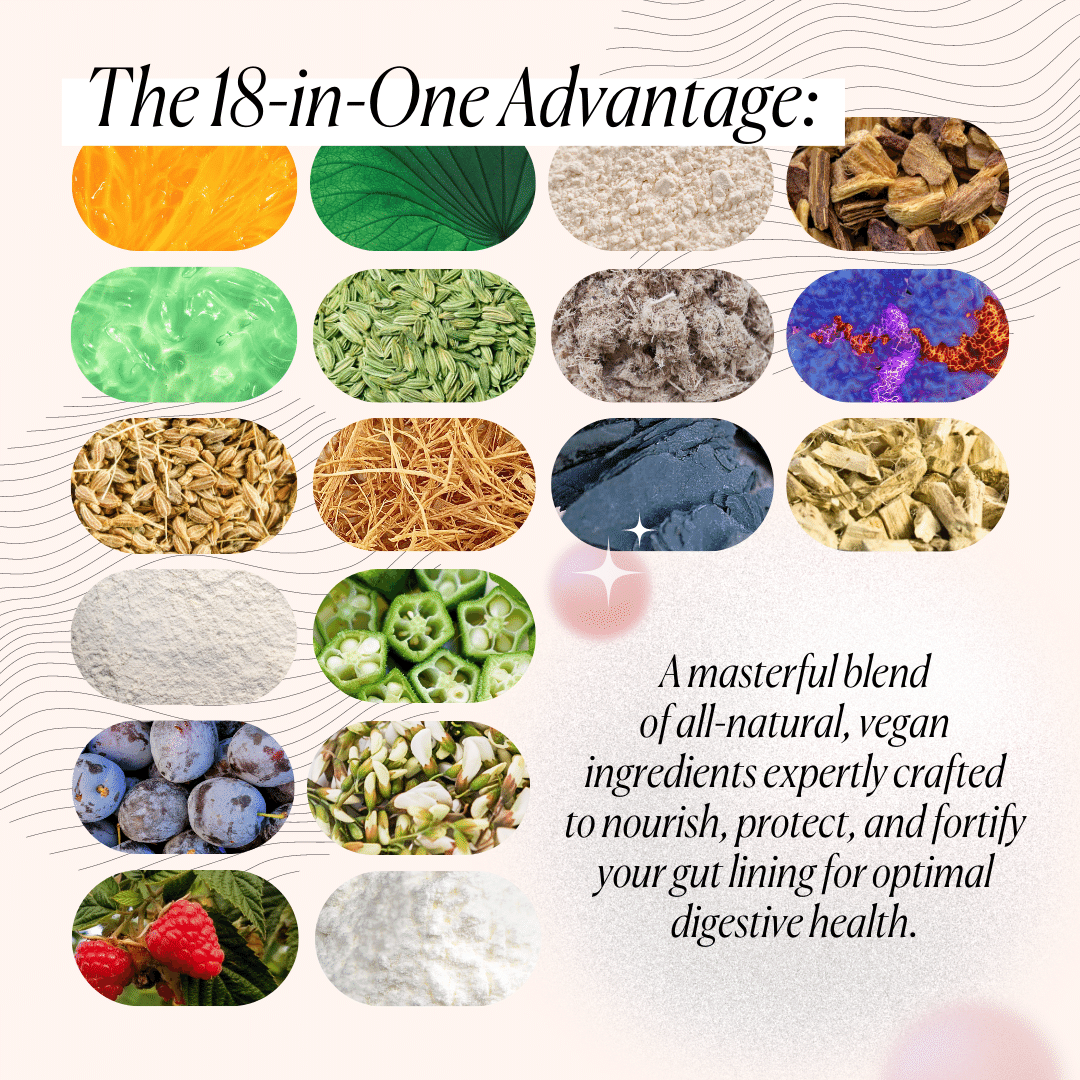Introduction
Gastroesophageal reflux disease, commonly known as GERD, affects a whopping 20% of Americans! The hallmark symptoms are heartburn and regurgitation of stomach acid.
GERD is not only painful, but can also lead to more serious problems.
According to Dr. Rodger Murphree, GERD is caused by lack of sufficient digestive acids – which can trigger not only Irritable Bowel Syndrome (IBS) and Small Intestine Bacterial Overgrowth (SIBO), but can even lead to yeast overgrowth and parasitic infections.
Our stomach is our first line of defense. If we cannot sustain sufficient acidity to create an inhospitable environment for pathogenic organisms then we will be vulnerable to infections.
What’s more, without sufficient acidity in our stomach, no matter how well we eat or what supplements we take, our health will suffer because we will not be able to digest our food or absorb nutrients.
Dr. Daniel Nuzum also warns that no matter how healthy our diet is, if we lack digestive acids our food will putrefy in our stomachs, creating toxins that irritate and inflame our entire body.
The contents of the stomach must reach a low acidity, between 2 and 3 pH, before it can move on to the small intestine. If we’re not producing sufficient acid (or eating too quickly for the acid to be produced!) our food must rot until it achieves necessary acidity. We certainly don’t want that!
Mainstream treatments for sufferers of chronic reflux have intended to bring relief by reducing acid levels. Dr. Olivia Joseph warns us that antacids inhibit the absorption of nutrients, which leads to osteoporosis, low bone density and anemia.
While in extreme cases we may need to rely on these products to keep us reasonably comfortable while restoring healthy balance and function to our digestive tract, we certainly don’t want to prolong their use any more than necessary.
Proton Pump Inhibitors are also prescribed for sufferers of reflux. Dr. Duc Le cautions that these products leave us vulnerable to infection and create imbalance in our microflora. They should be used only if you have been diagnosed with gastric ulcers or excessive acid. Even then, you’ll want to discontinue use as soon as possible.
Fortunately, there are many natural remedies that you can apply to resolve GERD by restoring sufficient acidity to your digestive tract.
Here are some foods you can use to increase your stomach acid:
-
Dark Leafy Greens
Greens like kale, collards and spinach are acidic and rich in live enzymes that support healthy digestion. This is why salads are traditionally served before or with a heavy meal.
-
Citrus
Citrus fruits like lemons, limes and grapefruits are all great for increasing acidity in our stomachs. You can squeeze juice over your meal or infuse it into water to sip while you’re eating.
-
Apple Cider Vinegar
Pour a teaspoon of apple cider vinegar into a glass of water and sip shortly before eating. Adjust concentration according to your taste.

The following herbs are also great for increasing acidity in the stomach, but you’ll want to be cautious about including them in your diet if your stomach is raw and irritated. Start with the greens, then slowly incorporate citrus and apple cider vinegar. When you feel ready, try these superfoods:
-
Ginger
The resin and oil of ginger are often contained in commercial products intended to relieve indigestion. Ginger soothes inflammation, brings relief for the sore throat and painful esophagus associated with GERD and decreases the likelihood of acid from your stomach flowing back into your esophagus.
-
Garlic
Raw garlic or garlic capsules consumed on an empty stomach balance acidity. However, for some people, garlic can be an irritant. Introduce it slowly to see how you react. Garlic also contains potent antibiotics that eliminate stomach parasites and support healthy balance of your microbiome.
-
Cayenne
Like garlic, spicy peppers can exacerbate reflux for some people, so go slow when introducing them into your diet. You can also take capsules rather than eat them to get the benefits without overheating your mouth. Cayenne supports healthy acidity in the stomach, heals stomach and intestinal ulcers and rebuilds digestive tissue.
-
Turmeric
Turmeric is rich in antioxidants and anti inflammatory compounds. That’s all thanks to its active ingredient, curcumin – which is also antiviral, antibacterial and anticancer. Turmeric is widely and effectively used to treat heartburn, inflammation and stomach ulcers. Turmeric powder can be added to beverages and smoothies or used to season savory dishes. You can also juice fresh turmeric. Either way, it is more effectively absorbed when consumed with piperine which is found in black pepper.
In addition to restoring healthy acidity to the stomach, our protocols for relieving GERD should also include tools for soothing and repairing our intestinal lining:
-
Deglycyrrhizinated Licorice (DGL)
According to Harvard Medical School, licorice is a proven effective treatment for reflux in several studies. It increases the mucus coating on the esophagus, protecting it from irritation by stomach acids.
-
Aloe Vera
Aloe vera juice is anti inflammatory and loaded with vitamins, minerals and amino acids. Consuming aloe vera juice improves digestion and supports detoxification. Aloe vera relieves symptoms of acid reflux while also healing the root of the problem.
-
Slippery Elm
Dr. Nuzum especially recommends slippery elm for GERD because it soothes the gut and throat, calms reflux, supports peristalsis and encourages movement from the esophagus all the way through the digestive tract. Slippery elm contains mucilage, which turns into a slippery, thick gel when wet. That’s what helps to soothe and coat our digestive tracts.
-
Marshmallow Root
Marshmallow coats the stomach and esophageal lining with protective mucilage. Marshmallow also soothes inflamed intestines and supports elimination of waste.

The trick to healing GERD is to treat the root of the problem. Antacids and proton pumps may temporarily relieve symptoms but will exacerbate our problems in the long run.
For better options, we need look no further than our kitchens. We can use foods and herbs to gently and naturally soothe the damage caused by reflux and restore a healthy acidity to our digestive tracts.
















What Do You Think? Comment Below: